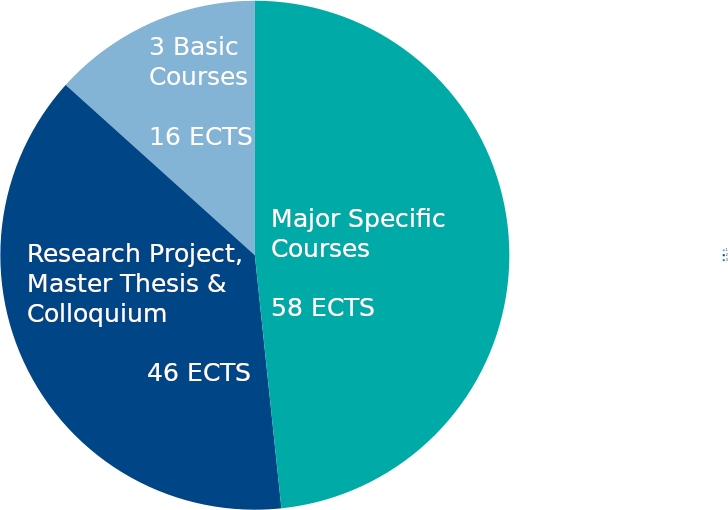Computational Social Systems
An interdisciplinary master's program integrating skills and expertise in algorithmic systems and data science with social science theories and ethics
An interdisciplinary master's program integrating skills and expertise in algorithmic systems and data science with social science theories and ethics
Unfortunately, the Master's program in Computational Social Systems is being discontinued.
That is why we now longer accept applications for a first semester entrance.
The information on this page will be retained for future reference.
The goal of the international master program in Computational Social Systems is to provide a new generation of scientists with skills and knowledge at the intersection of computer science, social sciences, cognitive sciences and ethics. This requires mastering:
The curriculum is divided in three areas of study: Research Skills, Computer Science, and Social Sciences & Humanities. Depending on your choice of Major in Social Data Science, Human Technology Interaction or Ethics of Human Technology Relations, you will focus more on courses from the Computer Science area or the Social Sciences & Humanities area. All students of this program have to pass the 3 basic courses. Besides these compulsory basic courses, within their respective chosen Major, each student has to pass 4 compulsory courses, choose supplementary courses from both Computer Science and Social Sciences & Humanities, work on a Research Project, and write their Master Thesis.
| Basic Courses |
|
| Major Specific Courses |
|
| Research |
|

Note: If your question is not on the list please don't hesitate to contact us